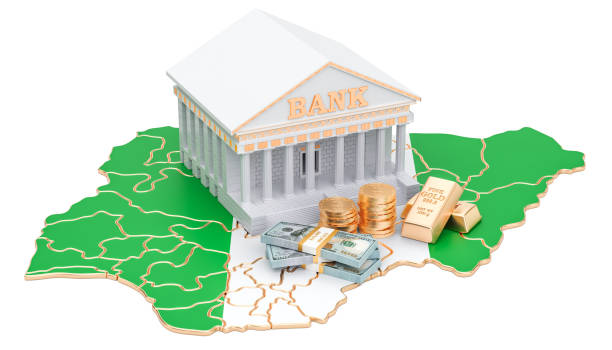The International Monetary Fund (IMF) has described cryptocurrencies as a disappointment, as they failed to meet the expectation of their users.
In an IMF report authored by Tobias Adrian and Tommaso Mancini-Griffoli, IMF said crypto assets couldn’t revolutionise the global financial system.
Join our WhatsApp ChannelThe global financial body went on to urge for tighter regulation of the cryptocurrency industry due to its volatility which puts investments at risk.
“Crypto assets have been more of a disappointment than a revolution for many users, and global bodies like the IMF and the Financial Stability Board urge tighter regulation,” the report said.
Despite describing the digital currency as a disappointment, IMF said the crypto assets could be improved to ease payments or ensure other public good.
IMF explained that: “Some of the rapidly evolving technology behind crypto, however, may ultimately hold greater promise. The private sector keeps innovating and customizing financial services.
“But the public sector too should leverage technology to upgrade its payment infrastructure and ensure interoperability, safety, and efficiency in digital finance, as we noted in a recent working paper: A Multi-Currency Exchange and Contracting Platform. Others too are advancing similar views.”
It said new payment technologies include tokenization, encryption, and programmability, and “With these new tools in hand, the private sector is innovating in ways that may be more transformative than the initial wave of crypto assets: tokenization of financial assets, tokenization of money, and automation.” IMF stated.
The monetary fund added: “The tokenization of stocks, bonds, and other assets may cut trading costs, integrate markets, and enlarge access. But paying for such assets will require money on a compatible ledger.
“One example is stablecoins, are one example to the extent they comply with regulation. More importantly, banks are testing tokenized checking accounts. And automation is widespread, allowing third parties to program functionality much as developers build smartphone apps.
“While the private sector pushes the boundaries of innovation and customization, it will not ensure that transactions are safe, efficient, and interoperable, even if well regulated. Rather, the private sector is likely to create client-only networks for trading assets and making payments.
“Open ledgers may emerge in an attempt to bridge private networks, but are likely to lack standardization and sufficient investment given limited profit potential. And using private forms of money to settle transactions would put counterparties at risk.”
Speaking on the role of the central banks in improving crypto assets as a payment option, IMF said: “Central bank digital currencies can help because of their dual nature as both a monetary instrument—a store of value and means of payment—but also as infrastructure essential to clear and settle transactions. Policy discussions have mostly focused on the first aspect, but we believe the second should receive just as much attention.
“As a monetary instrument, CBDC provides safety; it alleviates counterparty risks and provides liquidity in payments. But as infrastructure, CBDC could bring interoperability and efficiency among private networks for digital money and even assets.”

















Follow Us